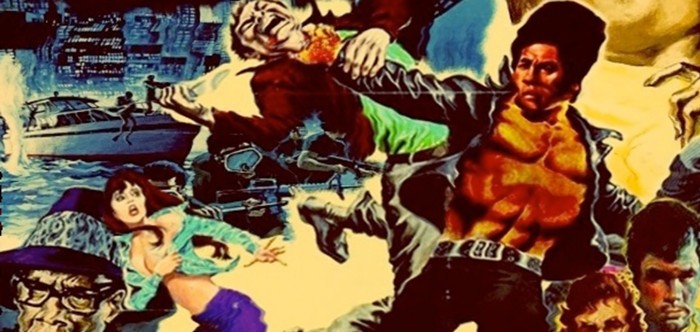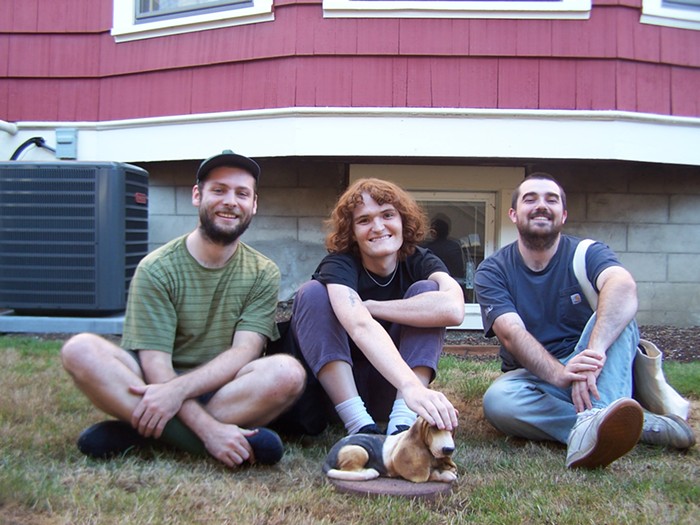TWO YEARS PRIOR to the recording sessions of Calexico's eighth studio album, Algiers, guitarist/vocalist Joey Burns and drummer John Convertino fulfilled a career-long ambition to record in Havana, Cuba. The duo's parched, Western shuffle enmeshed itself seamlessly into Amparo Sánchez's solo album Tucson-Habana, and offered an almost obligatory résumé stacker for one of the most culturally diverse bands of the last 20 years. But even before that fateful trip, Burns says he and Convertino felt a hardwired connection to another musical mecca: the Big Easy.
"I was intrigued by the city, by the multiculturalism, the history and the openness between New Orleans and Havana for such a long period of time," says Burns via phone from his Tucson home. "I was following on that, and writing material which is an ode to that relationship between the two cities and countries and cultures, with music as the bridge. That started the ball rolling for me on this record."
The building of ethnic mosaics through music—and a darkly melodic documentation of families separated by politics or borders—has long been an aggressive thematic motif for Calexico throughout its career. The band's very name speaks to the symbiotic nature of Latin and American influences. It's no surprise, then, that Algiers—named for New Orleans' 15th Ward, where the record was recorded—adds the improvisational New Orleans milieu into an already boiled-over musical melting pot.
"I knew thematically that I wanted to have one foot planted in that part of the world," says Burns of recording in New Orleans. "We needed that place and that space in time to go and spend 12 hours a day. Because in Tucson our lives are full; we all have families and it's harder to get to that point."
Along with the pressures of putting together a new album—while also learning the ropes of fatherhood, to baby twins in Burns' case—Calexico also dealt with the folding of their longtime record label Touch and Go/Quarterstick, and the news that their co-producer and friend Craig Schumacher was diagnosed and being treated for throat cancer.
"There was uncertainty as far as what we were going to do all together," admits Burns. "Things were kind of floating."
The tenuous creative topography, however, yielded brilliant results; on Algiers, Calexico slip in and out of familiar territory like a Death Valley hitchhiker. "Sinner in the Sea" is the album's anchor, splicing Afro-Cuban rhythms over soft trumpets, Convertino's typically understated drum patterns, and Burns' dark and moody spaghetti-western guitar lines. It's quintessentially Calexico, until an organ-aided bridge comes waltzing in like a psychedelic scene from a Tarantino flick. Burns' vocals approach a kind of Jim Morrison adventurousness, cementing the notion that strange, engaging voodoo is at work on Algiers.
Some critics have alluded to this newest effort as Calexico's mainstream album—some sort of sell-out or misfire. Straight-shooting, dirty rock songs like "Splitter" or the James Taylor-ish "Fortune Teller" are the likely culprits. But with a band so steeped in a subgenre of its own creation, experimenting across the aisle from "desert noir" doesn't mean automatic schmaltz.
"It would be so much easier to play it straight, but I think life is too short," says Burns. "There's no need to be safe. We need music to be fresh and to be adventurous. We try to do it as much as we can."



















